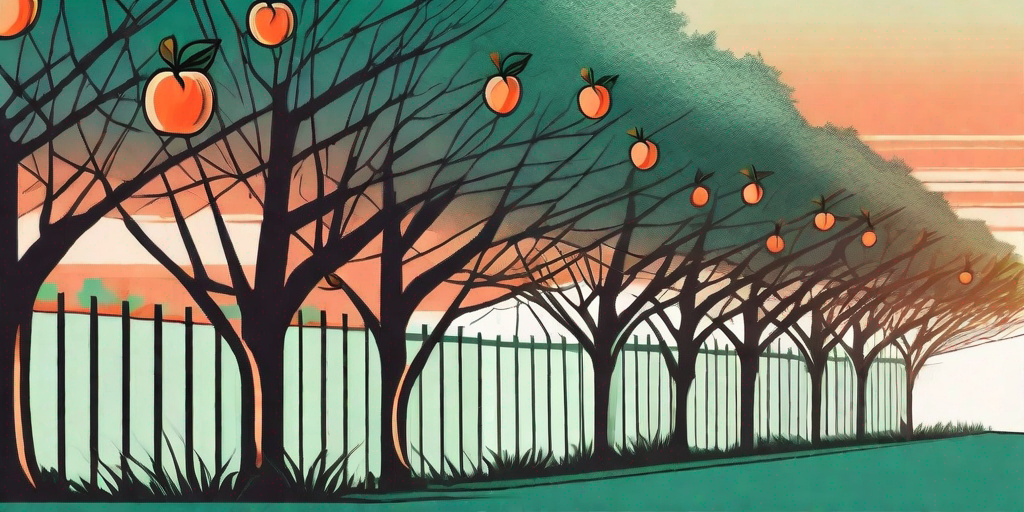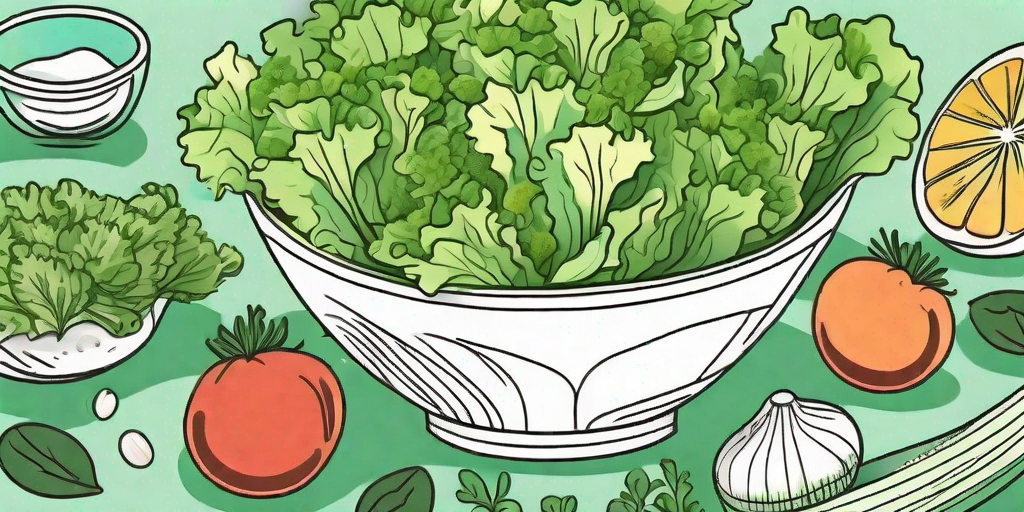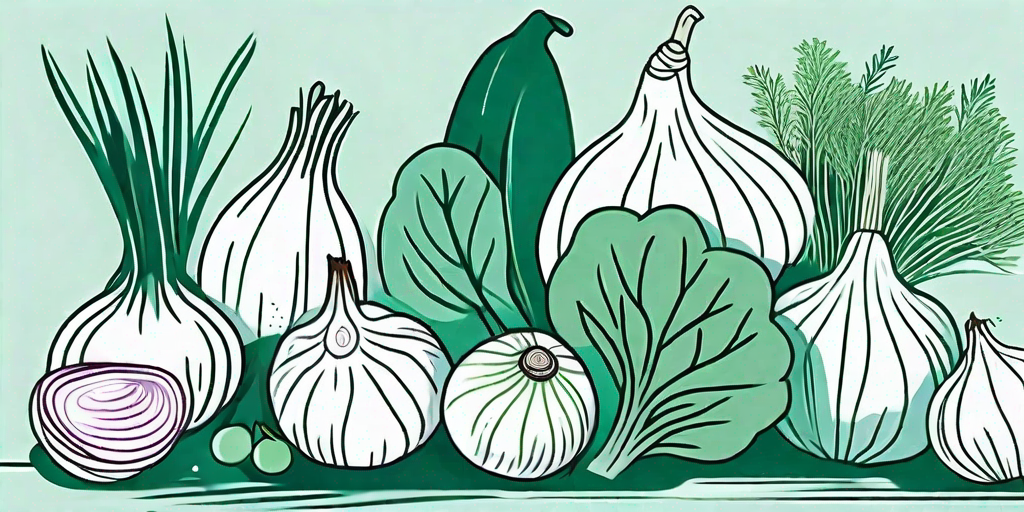
If you're an orange tree enthusiast, you've probably experienced the heartbreak of seeing your beloved trees suffering from curling leaves. But fear not, fellow citrus lovers! We're here to turn your orange tree frown upside down. We've got the lowdown on why your orange tree leaves might be curling and, more importantly, how to fix it. So, let's dive right in, shall we?
Understanding the Problem: Why are my Orange Tree Leaves Curling?
Before we jump into solutions, let's take a moment to understand the problem. Curling leaves in orange trees can be a symptom of several issues, from pests to nutrient deficiencies. It's like your tree's way of sending you an SOS. But don't worry, we're here to help you decode this distress signal.
Firstly, curling leaves can be a sign of a pest problem. Citrus leaf miners and aphids are the usual suspects. These little critters can cause significant damage to your trees if left unchecked. Secondly, nutrient deficiencies can also lead to leaf curling. Your tree might be crying out for more nitrogen, potassium, or magnesium. Lastly, environmental factors such as overwatering, underwatering, or exposure to extreme temperatures can also cause leaf curling. It's a tough world out there for an orange tree!
Pests: The Unwanted Guests
Let's talk about pests. Citrus leaf miners are tiny moths that lay their eggs on the underside of leaves. When the larvae hatch, they burrow into the leaves, causing them to curl and distort. Aphids, on the other hand, are small insects that suck the sap from the leaves, causing them to curl and yellow. It's like a horror movie for your orange trees!
But don't panic just yet. There are ways to deal with these pesky pests. More on that later.
Nutrient Deficiencies: The Silent Killers
Nutrient deficiencies can also cause leaf curling. If your tree is lacking in nitrogen, the leaves might turn yellow and curl. A lack of potassium can cause the edges of the leaves to curl and turn yellow, while a magnesium deficiency can cause the leaves to curl upwards. It's like your tree is on a diet it didn't sign up for!
But don't worry, we've got some tips on how to feed your tree the nutrients it needs. Stay tuned.
Environmental Factors: It's a Hard Knock Life
Lastly, environmental factors can also cause leaf curling. Overwatering can cause the roots to become waterlogged and oxygen-starved, leading to leaf curling. Underwatering, on the other hand, can cause the leaves to curl and wilt. And let's not forget about extreme temperatures. Both frost and scorching heat can cause the leaves to curl.
But fear not, we've got some tips on how to create the perfect environment for your orange trees. Keep reading.
Fixing the Problem: How to Un-Curl those Leaves
Now that we've identified the potential causes of leaf curling, let's talk about solutions. Whether it's dealing with pests, correcting nutrient deficiencies, or adjusting environmental factors, we've got you covered. Let's roll up our sleeves and get those leaves un-curled!
Dealing with Pests
When it comes to dealing with pests, prevention is better than cure. Regularly inspect your trees for signs of pests and take action at the first sign of trouble. You can use insecticidal soaps or oils to deal with aphids, and pheromone traps to catch citrus leaf miners. If the infestation is severe, you might need to use a more potent pesticide. Remember, it's a war out there, and you're the general of your orchard!
But what if you're dealing with an already infested tree? Fear not, all is not lost. You can prune the affected leaves and dispose of them properly to prevent the pests from spreading. It's like giving your tree a much-needed haircut!
Correcting Nutrient Deficiencies
Correcting nutrient deficiencies is all about giving your tree a balanced diet. Use a citrus-specific fertilizer that contains all the necessary nutrients. You can also use compost or manure to enrich the soil. Remember, a well-fed tree is a happy tree!
If you're dealing with a severe deficiency, you might need to use a foliar spray. This is a quick and effective way to give your tree the nutrients it needs. It's like a vitamin shot for your tree!
Adjusting Environmental Factors
When it comes to environmental factors, it's all about balance. Make sure your tree is getting the right amount of water. Not too much, not too little. Just right. You can use a moisture meter to check the soil moisture levels. Also, protect your tree from extreme temperatures. Use a frost cloth in winter and provide some shade in summer. Remember, your tree likes to be comfortable, just like you!
And there you have it, folks! With these tips and tricks, you can say goodbye to curling orange tree leaves and hello to a healthy, thriving orchard. Now go forth and be the citrus champion you were born to be!
FAQs
- How often should I water my orange tree?
It depends on the age of the tree and the climate. Young trees need to be watered every three to seven days, while mature trees need to be watered every seven to fourteen days. In hot, dry climates, you might need to water more frequently.
- How do I know if my tree is getting enough nutrients?
Look at the leaves. If they are green and healthy-looking, your tree is probably getting enough nutrients. If they are yellowing or curling, your tree might be lacking in certain nutrients.
- Can I use regular fertilizer for my orange tree?
It's best to use a citrus-specific fertilizer, as it contains all the necessary nutrients for your orange tree.
Conclusion
So there you have it, folks! With a little bit of knowledge and a lot of love, you can keep your orange trees healthy and free from curling leaves. Remember, a healthy tree is a happy tree, and a happy tree makes for a happy gardener. Now go forth and conquer that orchard!











